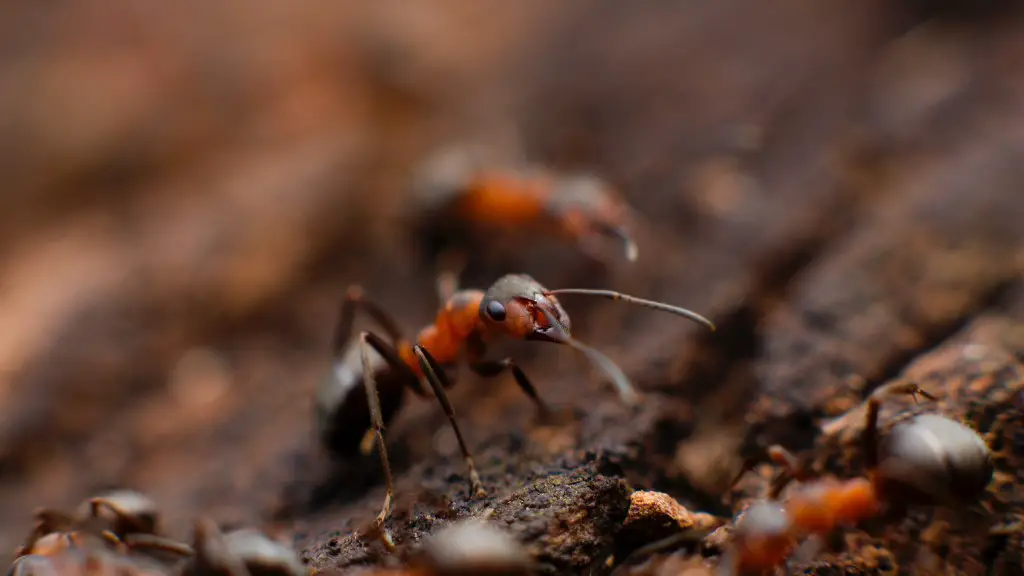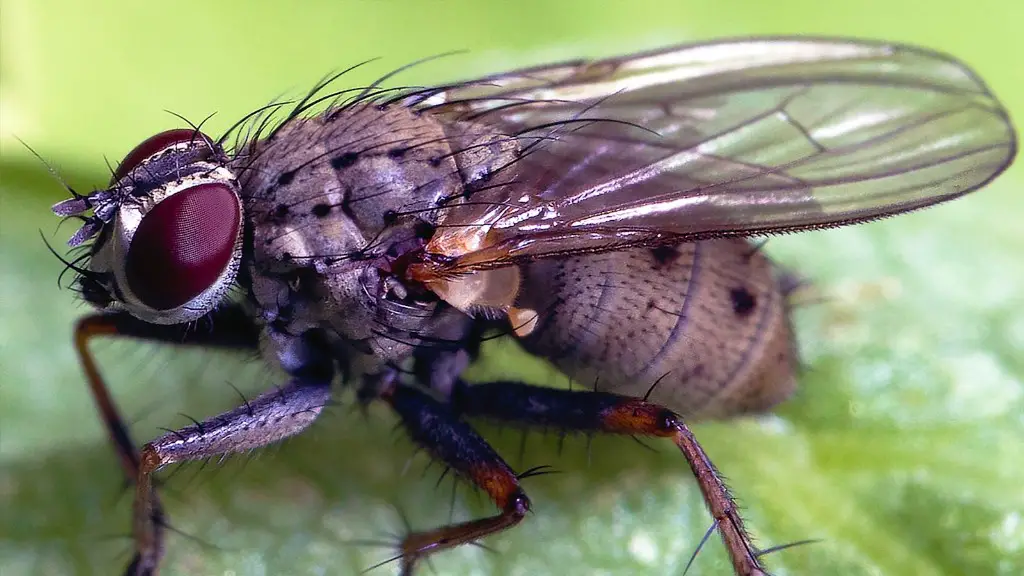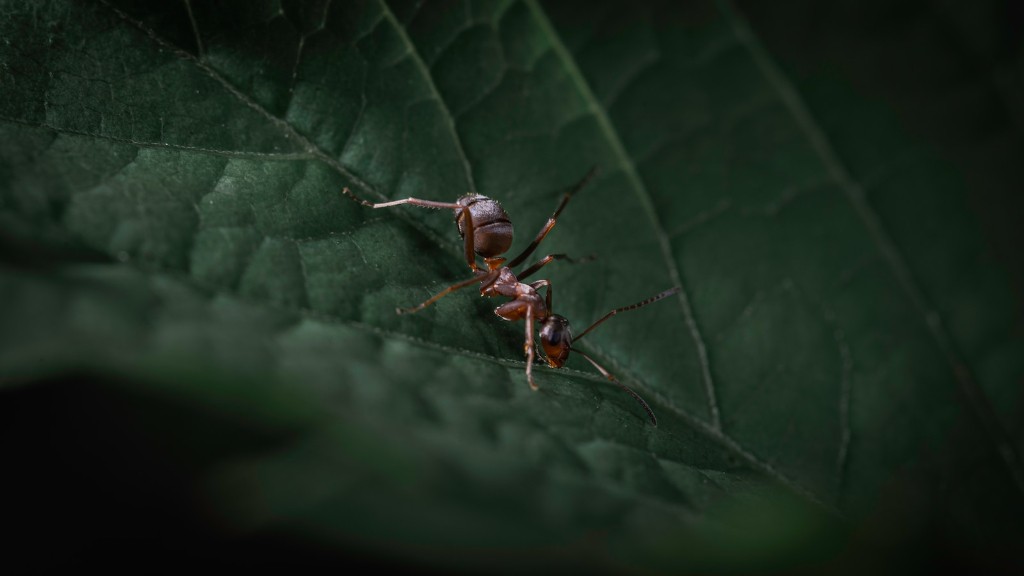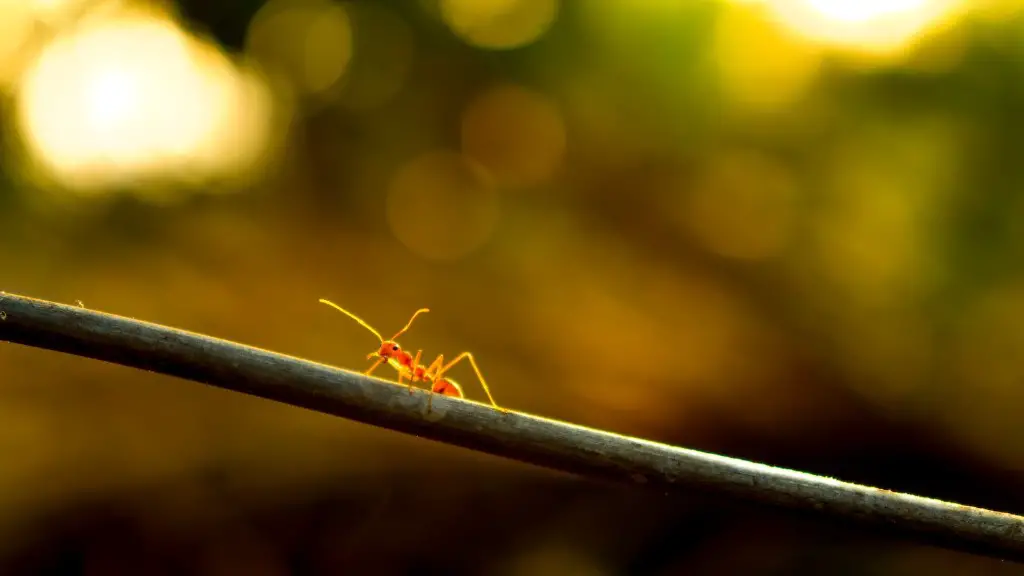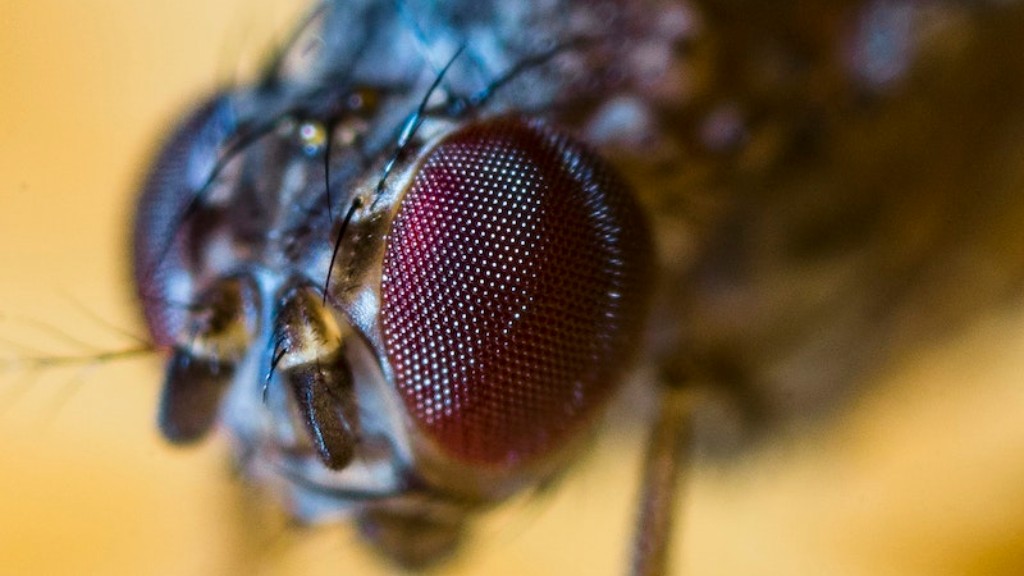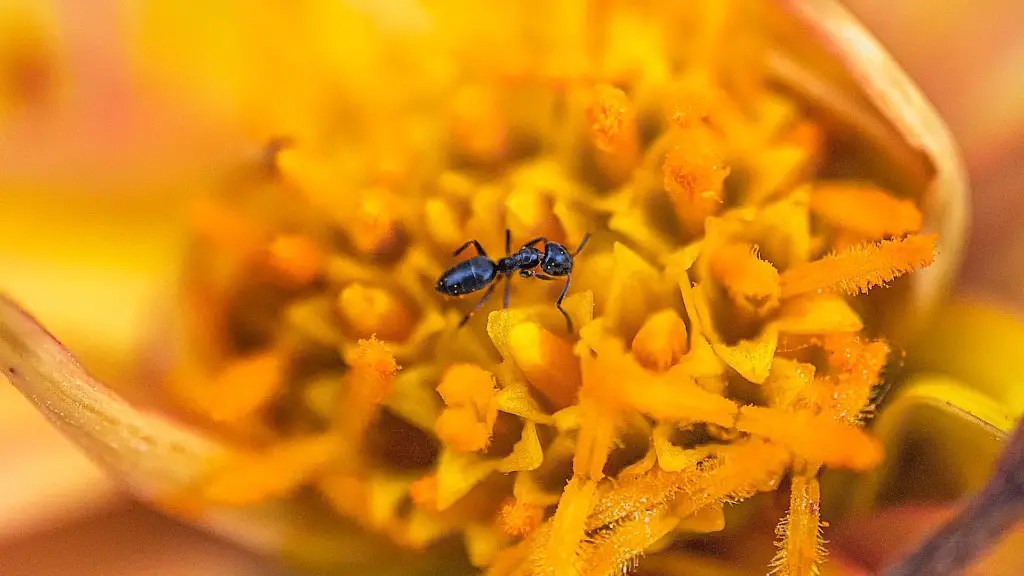Organic Solutions to Eliminate Ants
Ants remain a constant problem in raised garden beds, invading for the sweet nectar that the fruits and vegetables have to offer. It can seem impossible to get rid of them since they just keep coming back. Luckily, there are some organic methods of eliminating ants from the garden that are widely known and trusted by expert gardeners, and research has found them to be effective.
One of the most popular methods of eliminating ants from the garden is to sprinkle a line of diatomaceous earth (DE) around the perimeter of the garden beds. This material comes from the shells of fossilised algae and is made up of millions of microscopic shards that interfere with the shell construction of the ant, resulting in them to die. It can be applied to the affected soil or spread over their paths. Although it is not a poison, the DE will kill ants in contact. For best results, it is best to reapply after a rain storm.
Other organic methods of ant elimination involve cucumber peels or citrus spices sprinkled around the affected area. Cucumber peel contains compounds that are toxic to ants and they will avoid it if given the choice. Citrus spices also contain acidic compounds which will prevent the ant colonies from returning to the area. These methods can be used in combination with DE to achieve successful ant elimination.
Another method used to get rid of ants from raised garden beds is to use a mixture of borax, sugar and water. Borax is a natural pesticide that is effective on ants since it will penetrate their exoskeleton, leading them to die. The sugar will attract the ants, enticing them to drink the poisonous solution. The borax solution should be placed in a shallow container next to the ants’ trail, and reapplied whenever necessary.
It is also important to remove any food sources that may be attracting ants to the garden. This includes making sure the area is clean of overripe fruits and vegetables, to Garbage bins, pet food and bird feeders should be kept clean and sealed away from the garden.
Finally, setting up a physical barrier to prevent ants from entering the garden is effective, as it will keep them from gaining access to the food sources. This can include setting up physical barriers like garden mesh, stones and pebbles, or even chemicals sprayed around the edges of the garden. This method is especially effective in preventing ants from entering the garden in the first place.
Simple Steps to Avoid Ant Infestations
Ant infestations in raised garden beds tend to arise due to overfeeding, lack of water, or the presence of rotting vegetables. Paying attention to the environment around the garden can help maintain a healthy garden and avoid ant build up. Simple steps to reduce ant infestations can include:
- Making sure the plants are watered regularly – do not let them dry out.
- Avoid excavating the soil, as digging can create cracks and crevices that ants can use to enter the garden.
- Remove overripe and rotting fruits and vegetables from the garden.
- Always clean up after pruning or gardening activities and dispose of any materials containing ant trails.
- Keep food sources away from the garden area such as pet food and bird feeders.
- Setting physical barriers around the perimeter of the garden is also an effective way to prevent the entry of ants.
These steps can not only help to reduce ant infestations in the garden, but also promote healthier, more productive plants.
Using Natural Predators
Using natural predators is an effective way to get rid of ant infestations in the garden. Certain predatory insects such as spiders and beetles, as well as fire ants, will help to keep ant populations under control. However, it is important to note that when using these methods, the predators should not be allowed to become a nuisance by eating the fruits and vegetables in the garden. It may be necessary to move the predators occasionally to ensure this does not happen.
Using attractive nesting sites can also be used to attract beneficial predators to the garden. These could include birdhouses, bee boxes, and ladybird houses. The presence of these beneficial insects in the garden can help to maintain a balance of insect populations in the garden.
In addition, some types of ants will actually be beneficial to the garden. Ants are known to aerate the soil, help with the decomposition of organic matter, and even provide a degree of protection from other insects. Thus, it is important to understand the types of ants present in the garden, and to be mindful of using methods that could hurt beneficial ants.
Homemade Remedies
There are a variety of homemade remedies that can be used to eliminate ant infestations in the garden. Some people swear by using mashed up citrus peel, while others find that sprinkling coffee grounds around the garden is an effective way to keep ant populations under control. It should be noted, however, that these remedies may not be effective in getting rid of the ant infestation entirely.
For those looking for an even more creative remedy, there is always the possibility of making homemade traps for the ants. These traps can be made from empty food containers, or even from empty plastic bottles. These traps should be placed near the ant trails and baited with honey. Once the ants enter the trap, they will be unable to escape and will ultimately die.
If, after trying all of these organic methods of ant elimination have failed, it may be necessary to resort to chemical solutions. However, it is important to research the various chemical solutions available, as some of them can be harmful to the environment and even to humans. It is recommended to first contact a pest control expert before using a chemical solution.
Prevention is Better than Cure
The best way to avoid an ant infestation in the garden is to practice preventive measures. Keeping the garden clean and the area free of any food sources that may attract ants is a good start. Additionally, it is important to monitor the garden regularly and react immediately if any signs of ant activity are spotted. This can include looking out for ant trails, or areas of soil that have been contaminated by ant activity.
Another important way to prevent ants from entering the garden is to maintain a healthy balance of insect populations. Introducing beneficial predators, such as spiders and beetles, and providing attractive nesting sites for them, can help to regulate the populations of insect pests in the garden. In addition, use of natural, organic pest control methods such as DE and borax can be effective in controlling ant infestations.
Finally, it is important to keep in mind that ant infestations can be difficult to completely eliminate, so adopting a few preventive measures can go a long way in keeping them under control.
Identifying Ant Species
When dealing with ant infestations in the garden, it is important to be aware of the type of ants present. Different ants have different habits and characteristics, and thus, different methods of getting rid of them. For example, fire ants are particularly difficult to eliminate, as they typically build multiple nests, and since typically include many members of the colony, it can be difficult to drive them away.
Thus, identification of the type of ants present in the garden is important when determining the best way to deal with them. This can be done by looking at the ant’s physical features, such as size and colour. It can also be done by examining the environment around the ants’ nests, as this may provide clues as to their identity. For example, fire ants often build mounds near a food source.
Once the ant species has been identified, it can be much easier to determine the best method of elimination. However, it is still important to contact a pest control expert if the infestation is particularly severe, as they will be able to determine the best course of action.
Conclusion
Ants remain a constant issue for gardeners, as they have a tendency to invade for the sweet nectar that the fruits and vegetables have to offer. Fortunately, there are a number of organic and natural methods that can be used to effectively get rid of ants from raised garden beds. These include DE, cucumber peels and citrus spices, borax mixtures, physical barriers, natural predators, and homemade remedies. It is also important to adopt preventive measures such as regular monitoring and keeping the garden clean of food sources.
